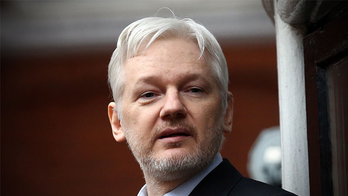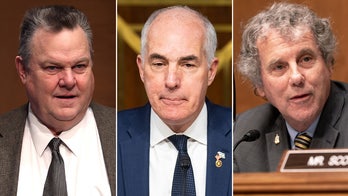Cuban President Raúl Castro may be a communist, but he needs capital to run his economy. Having long ago defaulted on its previous debts, Cuba is not eligible for a host of financial instruments from the regular world capital markets. It must depend, almost totally, on foreign direct investments to fuel its economic engine.
In the past decade, the Cuban government has made efforts to encourage foreign investment in its weak economy. New hotels have been built with Canadian, Chinese and Spanish partners among others. Most recently, the government of Brazil agreed to guarantee an investment in petroleum exploration and extraction. And, of course, the largest source of investment comes from Venezuela under Hugo Chávez.
According to Cuba’s foreign ministry website:
Today, investors from 46 countries operate in almost 400 ventures in 32 sectors of the Cuban economy; 52 % of those investors are from European Union countries: 24% from Spain, almost 15% from Italy, 4% from France, 3.5% from the United Kingdom. Tourism, Oil and Gas, Mining, Energy and Telecoms are the main sectors of investment. Thus, foreign direct investment, focused on the search for new external markets, competitive technologies and financing (mainly long term) has played an important role in the country's economic recovery.
Pope's Mettle to be Tested in Cuba
The recovery alluded to in the report, stems from the early 1990s collapse of Cuba’s main trading partners in the socialist bloc, causing the island’s economy to contract approximately 35 to 45 percent by some estimates. Arguably, the number of countries presently investing in Cuba represents a modest success and defies arguments that a U.S. embargo is responsible for Cuba’s weak economy.
Looking beneath the surface, something else accounts for the low productivity and weak Cuban economy. The framework of Cuba’s economic policies contributes not merely to dismal economic performance but also to growing popular disenchantment with on-again-off-again “reforms,” and a host of half-measures ultimately incapable of solving fundamental problems. The policy framework rests on a number of failures to learn critical economic lessons. These include:
• Failure to understand that markets, and the prices they generate, will work better than central planning in guiding and controlling economic activities. Central planners do not possess the information and knowledge that decentralized decision-makers alone have. Moreover, bureaucracies don’t allow for experimentation and diversity, and when they make mistakes, they are felt everywhere. Market prices, telling the truth about relative supply and demand are much more efficient in allocating, rationing, and prioritizing scarce resources than arbitrary political authorities.
• Failure to seize gains from trade. Over the years, the Cuban economy became isolated from the world market place. Producing sugar for the Soviet bloc reduced its ability to export much of anything beyond its main crop and restricted its imports to low-quality goods from the eastern bloc. Playing little role in the international division of labor, Cuba’s ability to industrialize by taking advantage of large-scale production – which often leads to increased output per worker – and its ability to absorb new technologies were severely minimized.
Cuba to Test Dengue Fever Vaccine on Humans
• Failure to recognize the inefficiency of the state sector. Measured by any standard the state-owned enterprises have generated abysmally low returns on the enormous amount of capital invested. In late 2011, facing facts, the leadership announced it would lay off 500,000 workers from the state payroll and promoted limited self-employment. It also began leasing idle land to private farmers in an effort to boost output. These measures acknowledge the need to unleash private initiative, but fall far short of privatization and engendering a competitive market economy.
Dependence on foreign investment reflects low national income, signaling that the whole population’s efforts are not being fully and effectively used. How well foreign investment is used is further restricted by policies (e.g., failure to privatize) preventing the broadening of economic activity, which could increase national income.
If foreign investment is to play a critical role in economic growth, greater labor productivity, and an improving standard of living, then Cuba’s decision-makers will have to come to terms with some of the lessons that even their comrades in Hanoi and Beijing have taken to heart about economics in the last few decades.
Fernando Menéndez is an economist and principal of Cordoba Group International LLC, a strategic consultancy.
Follow us on twitter.com/foxnewslatino
Like us at facebook.com/foxnewslatino




